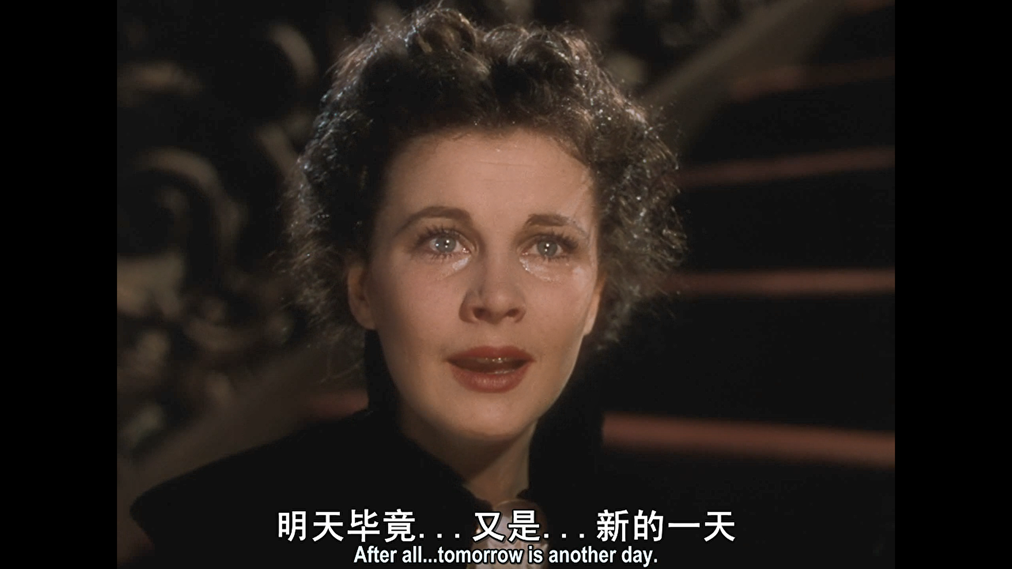每日外闻14
Yuval Noah Harari’s Sapiens: A Brief History of Humankind
Harari, who is an Israeli historian, takes on a daunting challenge: to tell the entire history of us, the human race, in a mere 400 pages. I’ve always been a fan of writers who try to connect the dots and make sense of the sweep of history.
Probably no one has done it better than David Christian in his Big History lectures, which distill 13.7 billion years of history, from the Big Bang on, into a manageable framework that spans biology, physics, humanities, and the social sciences. While Harari concerns himself with a shorter time frame, the last 70,000 years of human history, his job is no less difficult. He sets out to explain how we, Homo sapiens (Latin for “wise person”), came to dominate the Earth and what may lie ahead for our species.
Most humans assume that we were always the ones in charge, lording over the rest of the animals. But Harari reminds us that long before we built the pyramids (金字塔), wrote symphonies (交响乐), or walked on the moon, there was nothing special about us. “The most important thing to know about prehistoric humans,” Harari writes, “is that they were insignificant animals with no more impact on their environment than gorillas (大猩猩), fireflies (萤火虫) or jellyfish (水母).”
One hundred thousand years ago, Homo sapiens was just one of a number of different human species, all competing for supremacy (霸权). Just as today we see different species of bears or pigs, there were different species of humans. While our own ancestors lived mainly in East Africa, our relatives Homo neanderthalensis, better known as Neanderthals, inhabited Europe. Another species, Homo erectus, populated Asia, and the island of Java was home to Homo soloensis.
Today, of course, there is just one human species alive. How did we Homo sapiens become so successful and others did not? Harari believes it was our unique cognitive abilities that made the difference. About 70,000 years ago, Homo sapiens underwent (经历)a “cognitive revolution,” Harari writes, which gave them the edge over (比…有优势) their rivals to spread from East Africa across the planet.
Other species had big brains too, but what made Homo sapiens so successful is that we are the only animals who are capable of large-scale cooperation. We know how to organize ourselves as nations, companies, and religions, giving us the power to accomplish complex tasks. Harari’s concept of a “cognitive revolution” reminded me of David Christian’s notion in Big History of “collective learning,” how the ability to share, store, and build upon information truly distinguishes us as humans and allowed us to thrive.
What’s unique about Harari’s take is that he focuses on the power of stories and myths to bring people together. Baboons, wolves, and other animals also know how to function as a group, of course, but their groups are defined by close social ties that limit their groups to small numbers. Homo sapiens has the special ability to unite millions of strangers around commons myths. Ideas like freedom, human rights, gods, laws, and capitalism exist in our imaginations, yet they can bind us together and motivate us to cooperate on complex tasks.
As much as I enjoyed Sapiens, there was plenty to disagree with in the book. For example, Harari sets out to prove that the agricultural revolution was one of the biggest mistakes in human history. Yes, it allowed civilizations to thrive, but on an individual level, he writes, we were much better off as hunter-gatherers. As farmers, people had to work a lot harder and in exchange they had a worse diet than they had as foragers (觅食者). Agricultural societies also created social hierarchies (阶级) in which the majority toiled (辛勤劳作,苦干) as peasants (农名) and a minority of elites ruled over them.
That’s certainly a provocative argument, but I wasn’t convinced. First, arguing that we were happier as hunter-gatherers than as farmers creates a choice when there isn’t one. It’s not as if we can turn back the clock and restart as hunter-gatherers or we can run an experiment to prove one way of life is better than the other. Second, I think Harari underestimates the hardships of being a hunter-gatherer. He suggests that death and violence rates were much lower in hunter-gatherer societies than after the agricultural revolution. But it’s more likely the violence was higher because of competition over resources. A farming society can support many more people per square mile than a hunter-gathering society. In order to keep population densities low, conflict was inevitable among groups of hunter- gatherers. Finally, calling the shift to agriculture a “mistake” overlooks the fact that farming societies were able to specialize, leading to written languages, new technologies, and art—all things we value today.
I would recommend this book to anyone interested in a fun, engaging look at early human history. Harari tells our history in such an approachable (容易理解的) way that you’ll have a hard time putting it down. He’s also an agile (机敏的)writer, deftly (灵巧地,熟练地) weaving (编织,编造) in entertaining historical stories
In the final section of the book especially stimulating. He wonders how artificial intelligence, genetic engineering, and other technologies will change our species. He also poses some fundamental questions about happiness. When in our long history as Homo sapiens were we most fulfilled? As hunter-gatherers chasing down mammoths (猛犸)? As farmers tilling (耕种) the soil (耕地)? Maybe as God-fearing (敬畏上帝的) peasants in the Middle Ages? More fundamentally, he asks: Who are we as a species? And where are we going?
See you tomorrow












